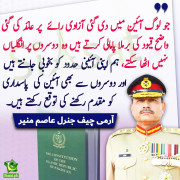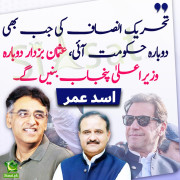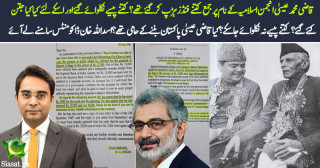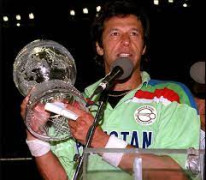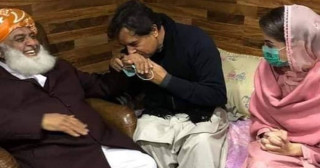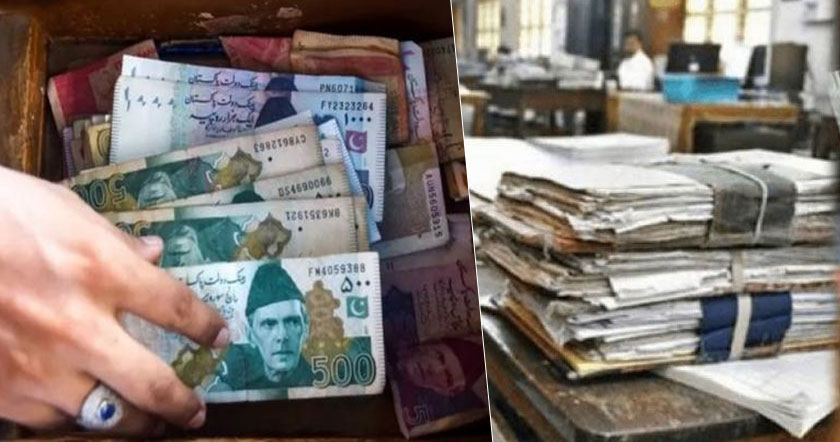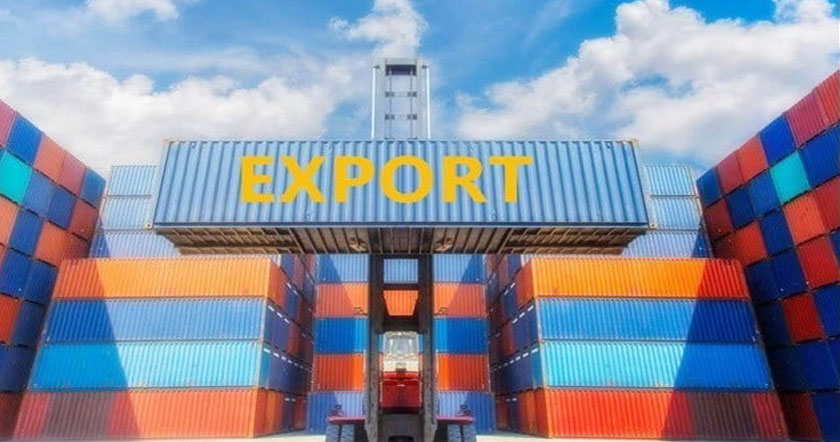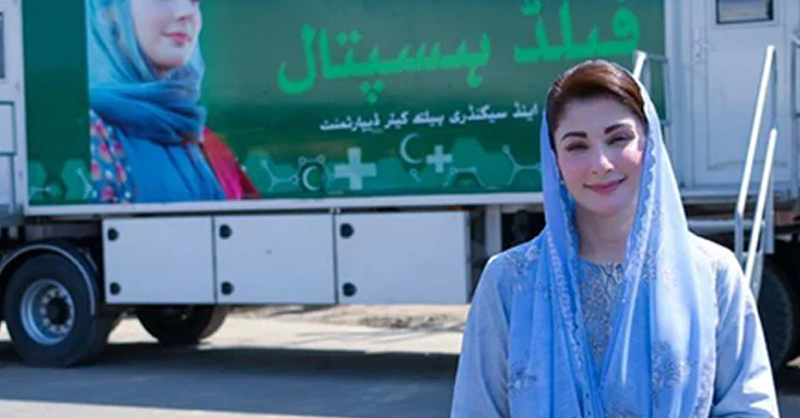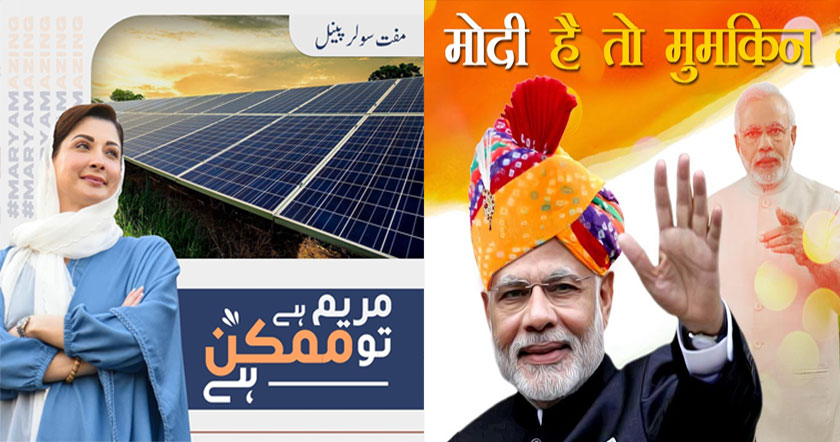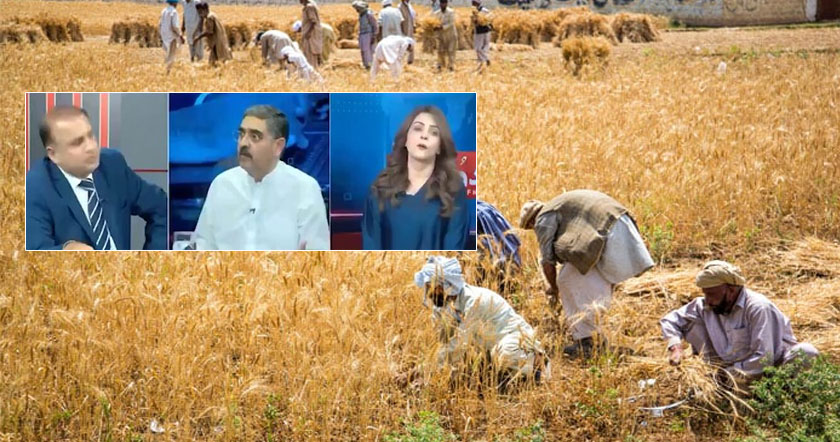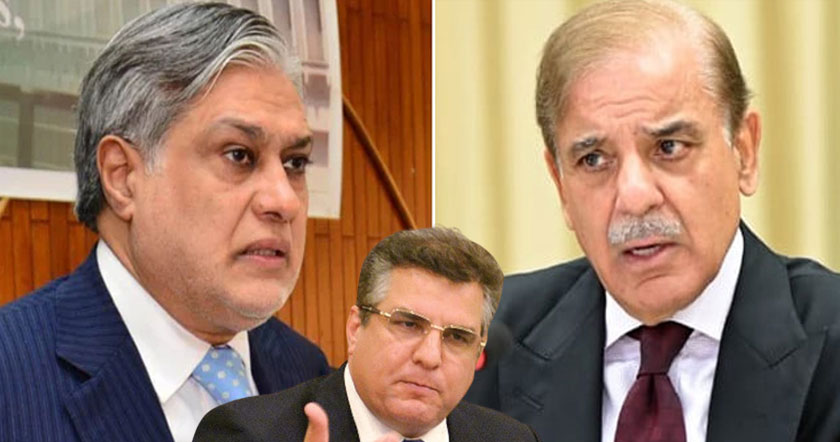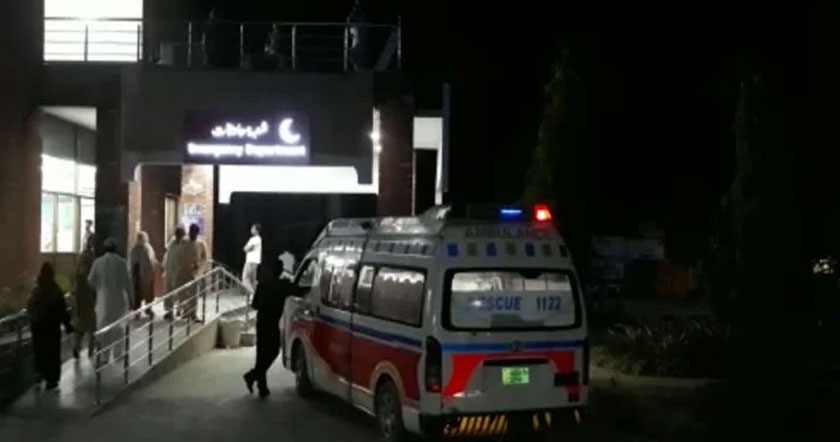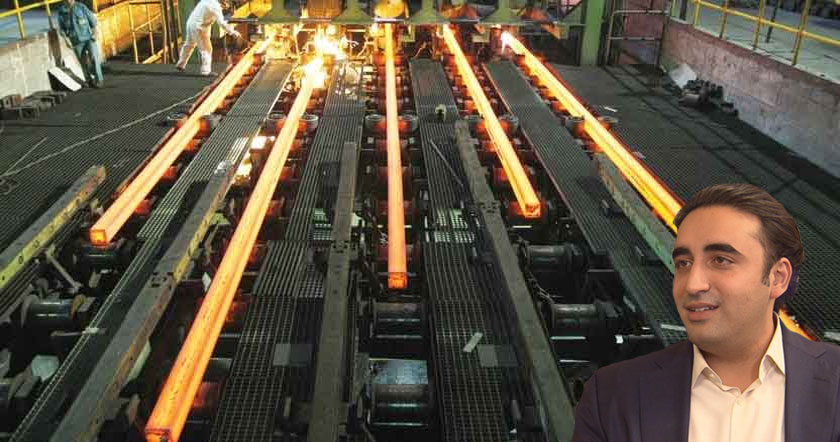Hmmmmm This is an interesting idea...
As the elections draw nearer, discussion on democracy is back in fashion. There are people who cant help praising the current system we have while others cant help criticizing every aspect of it. And then we have those people who just want to get rid of democracy that we have earned through sacrifices in favour of a dictatorship because it makes financial sense to them. But in all these discussions or whining sprees, depending how you see them, no one ever talks about changing the sort of democracy that is in practice in Pakistan.
Generally speaking most countries in the world either have the parliamentary system of democracy or the presidential system of democracy. In countries like the UK, Pakistan, India and Australia the system in practice is the Parliamentary system of governance where by the people elect their Members of Parliament who in turn elect a Prime Minister who heads the country with his cabinet of ministers. The other system is the one in use in countries like the US, France and South Africa. This system is the presidential system of governance, where by the people vote for a Presidential candidate which then comes to power, based on simple majority and then appoints his cabinet to run the country. Both these systems have their pros and cons. Pakistan being a former colony chose to copy the UK model of the Parliamentary democracy instead of the presidential system and unfortunately that has not really worked out for us too well.
There is, however another system, that everyone in Pakistan tends to ignore but actually might be the best mode of democracy as fragmented as Pakistan. Proportional Representation is a system that is widely used around the world, countries like Brazil, Argentina, Netherlands, Norway and even Turkey; all use the Proportional Representation (PR) model. While the rule differs slightly in each country the basics of the system are pretty simple i.e. each political party gets seats in the parliament based on the percentage of the votes they have earned in the general elections. The political parties do not put up individual candidates, they put up priority lists of candidates kind of like the reserve seat lists that we have in Pakistan.
The system works like this, if a party takes 10% of the popular vote in the elections, it will get 10% of the seats in the Parliament. The benefit of this is twofold. Firstly the peoples will actually matters as every single vote has an impact in this system. Currently a party that takes 3 million votes has less seats than say a part that takes 2.8 million votes, simply because the votes they took were in specific regions where the winning margins are huge. Best example of this is the PML Q and PML N, whereby the PML N got less popular vote but more seats in the 2008 elections.
Secondly, all political parties who can cross a certain threshold get to be represented in the parliament. Say for example, the threshold in Turkey is 10%, so any party that takes more than 10% of the popular vote gets representation in the Parliament. And because the parties have lists of candidates instead of constituency candidates, the cost of election goes down significantly. Plus the people get to vote for policies for the whole country instead of someone who is localized in their approach. And this takes care of smaller parties that have insignificant voting record but eventually end up blackmailing the major parties when it comes to forming alliances and running the government.
Additionally, as each party puts up a list of candidates, the quality of candidates is much higher as the parties get to choose the best possible ones without taking in to account the personal wealth of the individual candidate. The reasoning behind this is simple; the purpose of the Members of Parliament is to legislate. The day to day governance falls to the local government of each district. This way the MPs have no control over the finances that actually get spent; hence there is absolutely no opening for corruption as the MPs have no access to funds.
Given the set of problems Pakistan faces right now, it might be a worthwhile idea to take up in the future. The current election season has already seen major political parties spending billions of rupees on campaigns while individual candidates have been spending hundreds of millions on their private campaigns. All of this is investment which will have to be recouped over the next 5 years. So instead of going around in circles and ******** about corruption every 5 years or so, we can simply tweak our democracy and move towards a more equitable system like Proportional Representation.
Source: http://seedhibaat.com.pk/proportionalrepresentationpakistan/
As the elections draw nearer, discussion on democracy is back in fashion. There are people who cant help praising the current system we have while others cant help criticizing every aspect of it. And then we have those people who just want to get rid of democracy that we have earned through sacrifices in favour of a dictatorship because it makes financial sense to them. But in all these discussions or whining sprees, depending how you see them, no one ever talks about changing the sort of democracy that is in practice in Pakistan.
Generally speaking most countries in the world either have the parliamentary system of democracy or the presidential system of democracy. In countries like the UK, Pakistan, India and Australia the system in practice is the Parliamentary system of governance where by the people elect their Members of Parliament who in turn elect a Prime Minister who heads the country with his cabinet of ministers. The other system is the one in use in countries like the US, France and South Africa. This system is the presidential system of governance, where by the people vote for a Presidential candidate which then comes to power, based on simple majority and then appoints his cabinet to run the country. Both these systems have their pros and cons. Pakistan being a former colony chose to copy the UK model of the Parliamentary democracy instead of the presidential system and unfortunately that has not really worked out for us too well.
There is, however another system, that everyone in Pakistan tends to ignore but actually might be the best mode of democracy as fragmented as Pakistan. Proportional Representation is a system that is widely used around the world, countries like Brazil, Argentina, Netherlands, Norway and even Turkey; all use the Proportional Representation (PR) model. While the rule differs slightly in each country the basics of the system are pretty simple i.e. each political party gets seats in the parliament based on the percentage of the votes they have earned in the general elections. The political parties do not put up individual candidates, they put up priority lists of candidates kind of like the reserve seat lists that we have in Pakistan.
The system works like this, if a party takes 10% of the popular vote in the elections, it will get 10% of the seats in the Parliament. The benefit of this is twofold. Firstly the peoples will actually matters as every single vote has an impact in this system. Currently a party that takes 3 million votes has less seats than say a part that takes 2.8 million votes, simply because the votes they took were in specific regions where the winning margins are huge. Best example of this is the PML Q and PML N, whereby the PML N got less popular vote but more seats in the 2008 elections.
Secondly, all political parties who can cross a certain threshold get to be represented in the parliament. Say for example, the threshold in Turkey is 10%, so any party that takes more than 10% of the popular vote gets representation in the Parliament. And because the parties have lists of candidates instead of constituency candidates, the cost of election goes down significantly. Plus the people get to vote for policies for the whole country instead of someone who is localized in their approach. And this takes care of smaller parties that have insignificant voting record but eventually end up blackmailing the major parties when it comes to forming alliances and running the government.
Additionally, as each party puts up a list of candidates, the quality of candidates is much higher as the parties get to choose the best possible ones without taking in to account the personal wealth of the individual candidate. The reasoning behind this is simple; the purpose of the Members of Parliament is to legislate. The day to day governance falls to the local government of each district. This way the MPs have no control over the finances that actually get spent; hence there is absolutely no opening for corruption as the MPs have no access to funds.
Given the set of problems Pakistan faces right now, it might be a worthwhile idea to take up in the future. The current election season has already seen major political parties spending billions of rupees on campaigns while individual candidates have been spending hundreds of millions on their private campaigns. All of this is investment which will have to be recouped over the next 5 years. So instead of going around in circles and ******** about corruption every 5 years or so, we can simply tweak our democracy and move towards a more equitable system like Proportional Representation.
Source: http://seedhibaat.com.pk/proportionalrepresentationpakistan/



